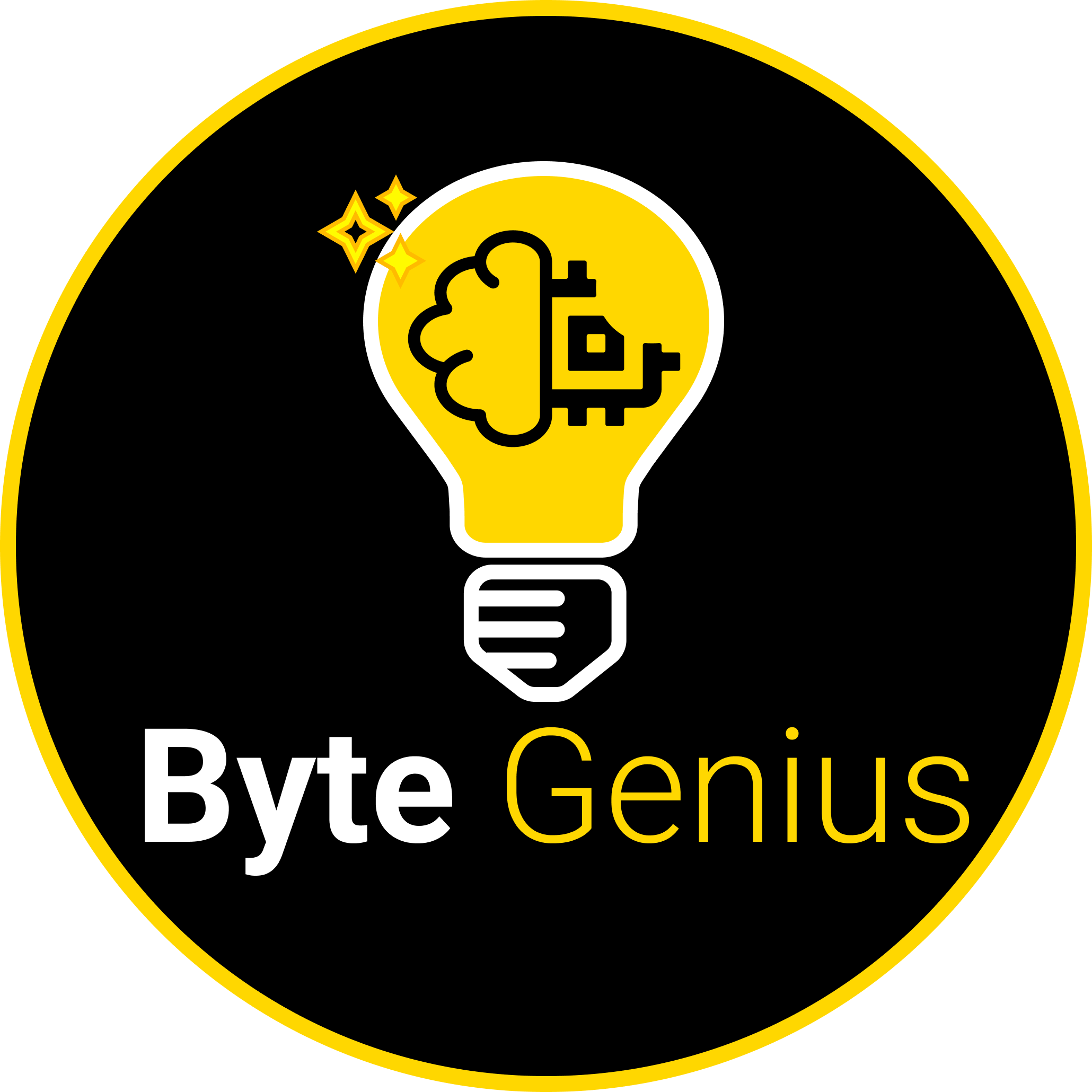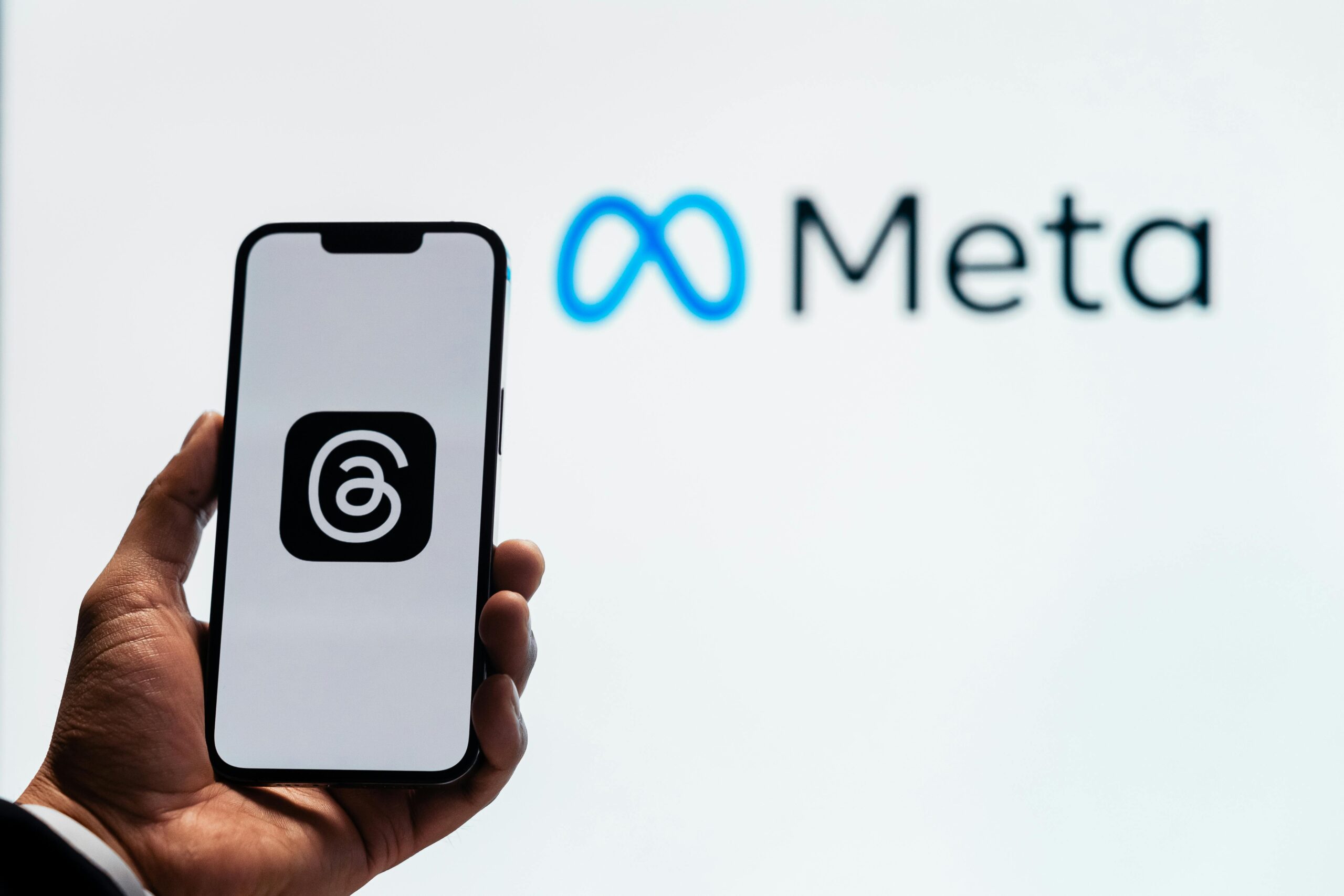Meta Introduces Llama 3.3 70B: A More Efficient Generative AI Model
Meta has launched Llama 3.3 70B, a generative AI model that matches the performance of its previous flagship model, Llama 3.1 405B, at a significantly lower computational cost. This development marks a major step in Meta’s push for efficiency and accessibility in AI developmen
Key Features of Llama 3.3 70B
- Efficiency and Cost-Effectiveness: Leveraging advanced post-training techniques, the model achieves high performance without the resource demands of larger models.
- Benchmark Performance: It outperformed competitors, including Google’s Gemini 1.5 Pro, OpenAI’s GPT-4o, and Amazon’s Nova Pro on industry benchmarks such as the MMLU (evaluating language understanding).
- Versatility: Offers improvements in math, general knowledge, instruction following, and application usage. Access and Adoption
- Availability: The model can be downloaded via platforms like Hugging Face and the official Llama site.
- Licensing Terms: While Meta promotes Llama as “open,” developers with platforms exceeding 700 million monthly users must acquire a special license.
- Usage Metrics: Llama models have been downloaded over 650 million times. Internally, Meta’s AI assistant, powered by Llama, serves nearly 600 million monthly active users, a record-setting figure in AI adoption.
Challenges and Controversies
1. Geopolitical Concerns:
Reports surfaced about Llama being used by Chinese military researchers to create a defense chatbot. Meta responded by offering Llama to U.S. defense contractors.
2. Regulatory Compliance:
EU regulators challenged Meta’s use of European user data for AI training under GDPR. Meta temporarily halted such practices and advocated for updated regulations that balance privacy with innovation.
3. Resource Demands:
To meet the demands of training Llama 4, Meta plans to increase compute resources tenfold, supported by a new $10 billion AI data center in Louisiana, its largest to date.
Competitive Edge
Meta’s approach balances openness with commercial use, contrasting with fully closed models from other tech giants. Its licensing restrictions aim to retain control while allowing broader adoption. The efficiency of Llama 3.3 70B ensures that businesses and researchers can access high-quality AI without prohibitive costs, reinforcing Meta’s leadership in generative AI.
With growing investments in infrastructure and next-gen models, Meta is positioning itself as a dominant player in AI innovation while navigating the complexities of global regulations and ethical concerns.

